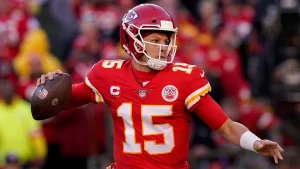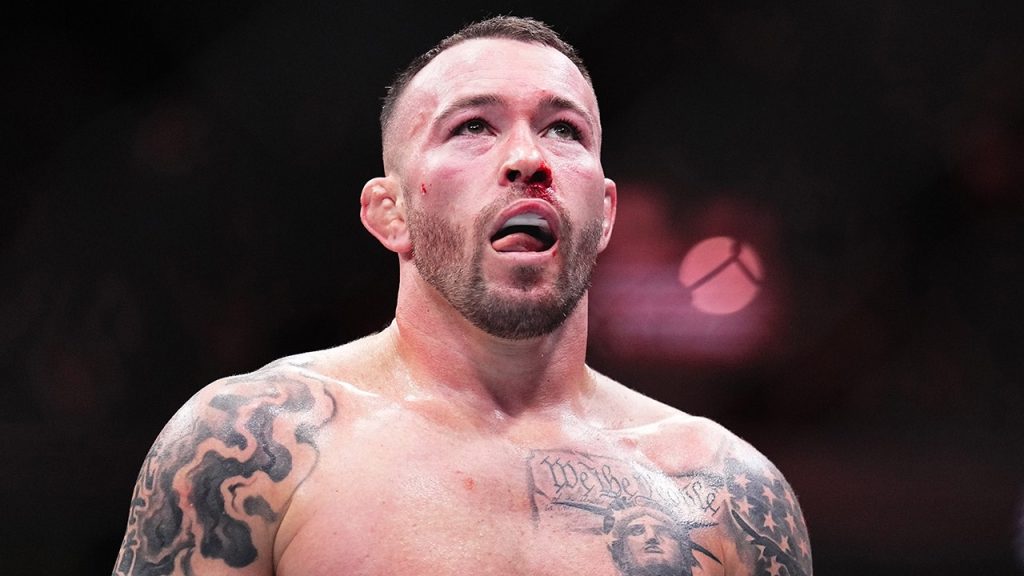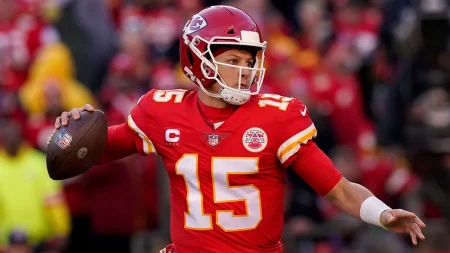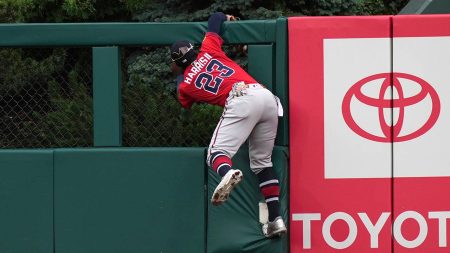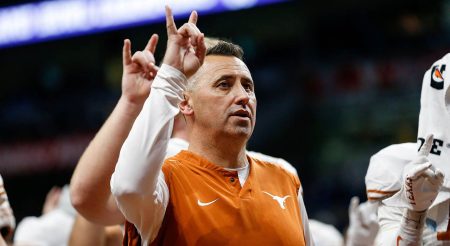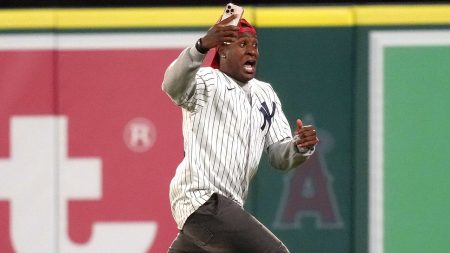Colby Covington, the controversial UFC welterweight, launched a scathing attack on NBA superstar LeBron James during a pre-fight press conference, diverting attention from his upcoming opponent, Joaquin Buckley. Covington’s tirade stemmed from a resurfaced video showing James conversing with Sean “Diddy” Combs, the disgraced music mogul, about Combs’ infamous parties. In the video, James lightheartedly remarks, “Ain’t no party like a Diddy party,” a comment that has aged poorly given Combs’ recent indictment on serious charges including sex trafficking and racketeering. Covington seized upon this old video to publicly question James about his relationship with Combs and the nature of these parties, insinuating James’ attendance and questioning his silence amidst Combs’ legal troubles.
Covington’s line of questioning rapidly escalated into a personal attack on James’ character and reputation. He expressed incredulity that anyone could consider James a role model, referencing James’ past stance on police reform and accusing him of being a “scumbag.” Covington even went so far as to wish for James’ imprisonment alongside Combs. This outburst wasn’t an isolated incident; Covington has a history of controversial statements and public feuds, often using inflammatory language to provoke reactions and generate publicity. His previous targets have included other fighters, political figures, and celebrities, solidifying his persona as a provocateur within the UFC.
The press conference served as a platform for Covington to air his grievances and criticisms, not only towards James but also towards other figures in the combat sports world, including Jon “Bones” Jones. Covington has cultivated an image as an outspoken and unapologetic figure, often using personal attacks and inflammatory rhetoric to build anticipation for his fights. This latest attack on James fits squarely within this pattern, demonstrating his willingness to target high-profile individuals outside the realm of mixed martial arts to garner attention.
Covington’s comments reignite the ongoing conversation surrounding athletes and their public image, particularly concerning their associations and the potential implications for their reputations. James’ association with Combs, however casual, has become a subject of scrutiny in light of the serious allegations against the music mogul. While there is no evidence directly linking James to any wrongdoing, his past association with Combs has become fodder for critics like Covington, who use it to question James’ judgment and moral standing.
Covington’s attack on James also highlights the increasing intersection of sports and politics, with athletes often becoming targets for criticism based on their expressed views or associations. While James has been vocal about social justice issues, this stance has also made him a target for those who disagree with his political views. Covington’s comments, while extreme, underscore the charged political climate in which athletes now operate, where even seemingly innocuous past interactions can be weaponized for political purposes.
The incident further underscores the UFC’s often-controversial nature and its tendency to attract personalities who thrive on conflict and public attention. Covington’s confrontational style, while often condemned, has undoubtedly contributed to his notoriety and marketability within the sport. His willingness to cross the line and engage in personal attacks, while questionable ethically, has proven effective in generating interest and drawing attention to his fights. This calculated strategy of courting controversy, whether directed at fellow fighters, celebrities, or political figures, has become a hallmark of Covington’s public persona and a key factor in his rise within the UFC.
